Businesses fear Vic’s renewables transition will affect their output
The results of the Victorian Chamber’s survey come as the Australian Energy Market Operator is due to release its gas outlook for Victoria before the end of the week.
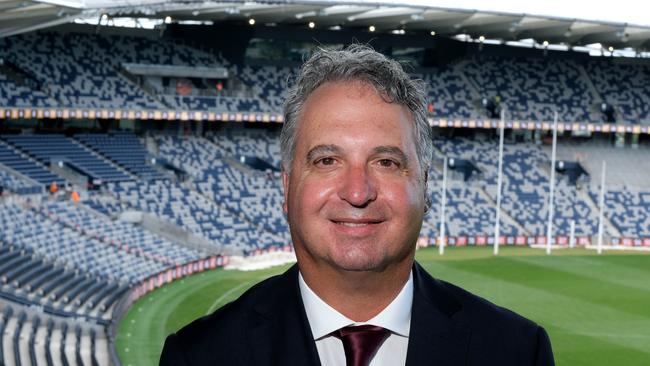
Almost nine in 10 Victorian businesses believe the state government’s transition to renewable energy will impact the quality of their output, and more than seven in 10 believe the government must unlock gas supply to reduce prices.
The statistics are from a survey of more than 500 members by the Victorian Chamber of Commerce and Industry, and come as the Australian Energy Market Operator is due to release its gas outlook for Victoria before the end of the week.
In December, AEMO warned in its draft integrated system plan that Australia would need to significantly increase its gas usage to ensure the grid remains reliable amid the transition to renewables, with 16GW of gas-powered generation capacity needed by 2050, up from the 10GW AEMO previously predicted.
However, the Victorian government is encouraging a move away from gas, banning gas connections to new homes from January 1.
The VCCI survey also comes amid ongoing uncertainty about the state government’s plans for offshore wind, and concern over where the number of renewable energy projects needed to power the state will go.
It also follows chamber CEO Paul Guerra telling a business lunch less than a fortnight ago that if the Allan government “cannot guarantee that the lights remain on in this state, then I can guarantee that many businesses will find places other than Victoria to set up”.
The survey found energy policies were the top concern for Victorian businesses, with 65 per cent rating it as their biggest worry. Workforce and tax are second and third.
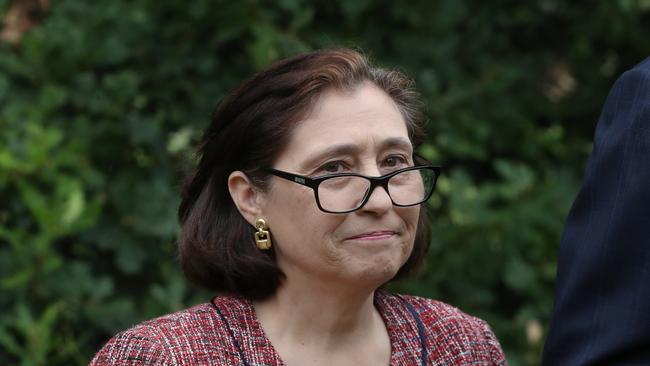
Eighty-six per cent said they believed the move to renewables would impact their output, 73 per cent said Victoria’s February power outage had forced them to close or significantly reduce operations, 81 per cent cited cost as the main barrier to switching from gas to electricity, 74 per cent said they were not financially planning to transition to cleaner energy sources – a situation Mr Guerra attributed to financial considerations, 71 per cent said they wanted the Victorian government to unlock new gas supply, 52 per cent said a reduction in gas supply would lead to reduced production, and 83 per cent reported being pessimistic about current market conditions.
“We know that the government has signalled its target of 95 per cent renewable energy by 2035,” Mr Guerra said.
“We want to get behind that, but it relies on having a clear plan to signal to businesses that access for reliable energy will also be affordable.”
“There shouldn’t be anybody who thinks this is going to be an easy transition. It will be difficult, and in many ways it’s a new industrial revolution to give us access to services that we already enjoy today, and therein lies the challenge.
“Specifically on gas, if we don’t have a clear plan which also includes affordable pricing, and if we get out of step with the other states in Australia by becoming more expensive for energy, that increases the operational risk for business.”
Energy Minister Lily D’Ambrosio said her government had “always been clear gas has a role to play in Victoria’s energy transition and we’ve never suggested that businesses or households will be forced to remove gas appliances.”
More Coverage
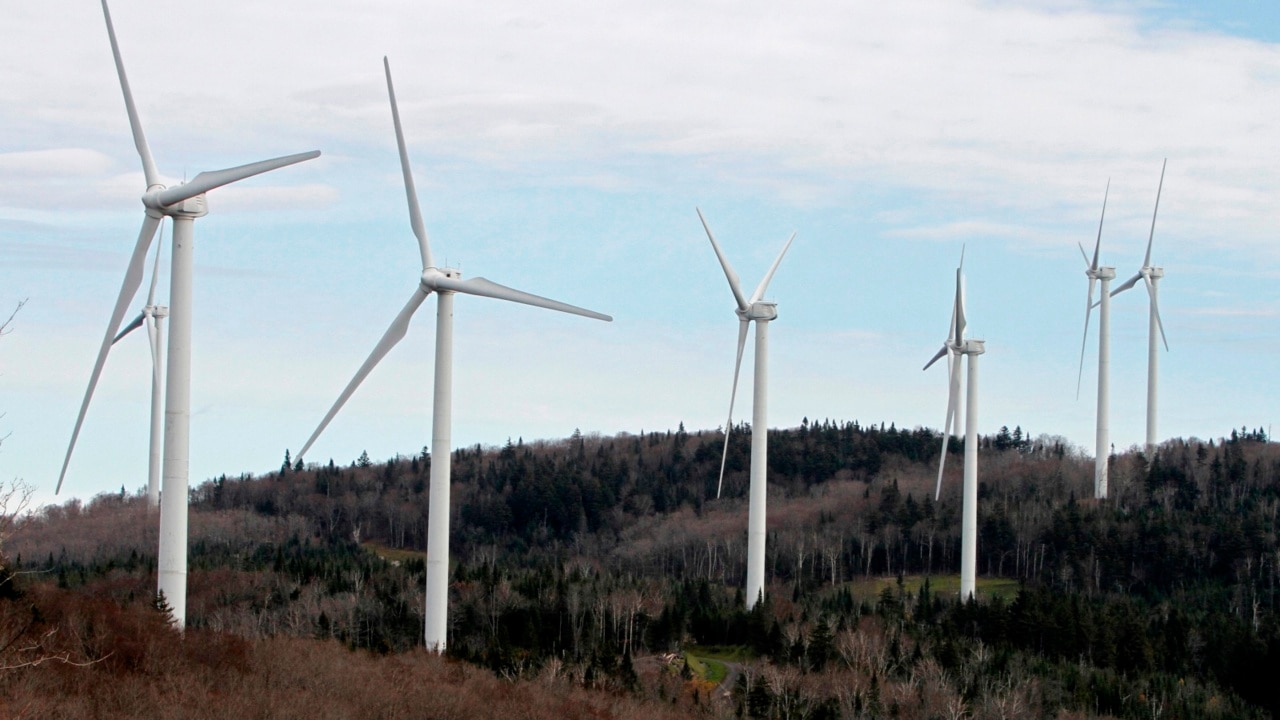



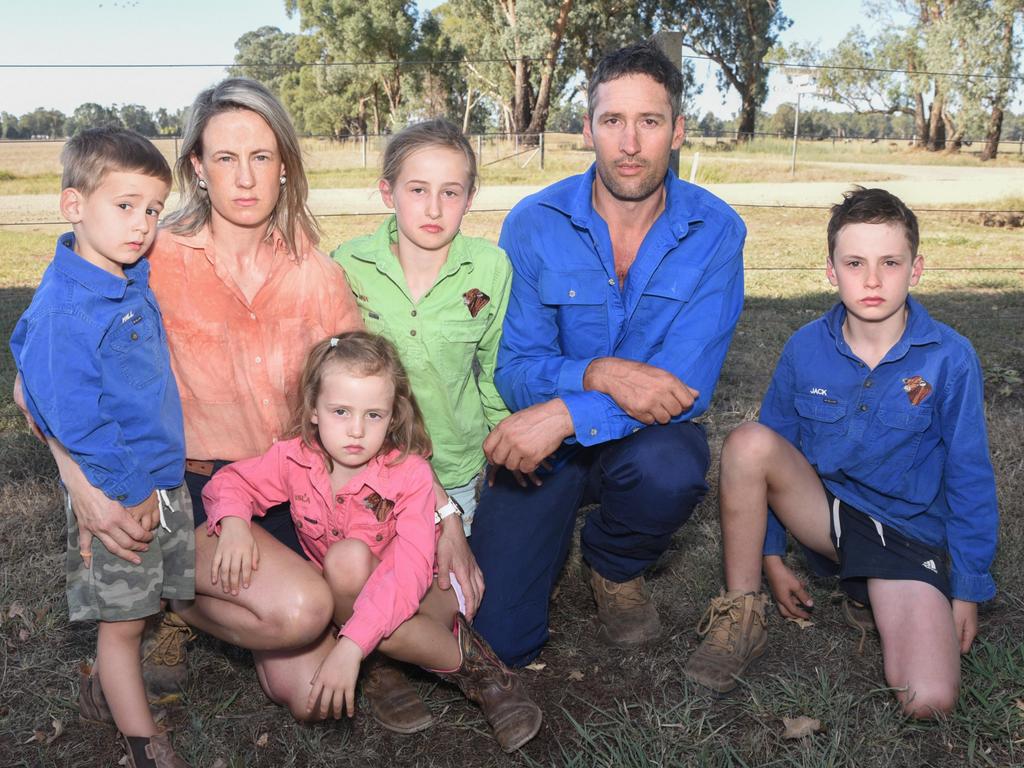

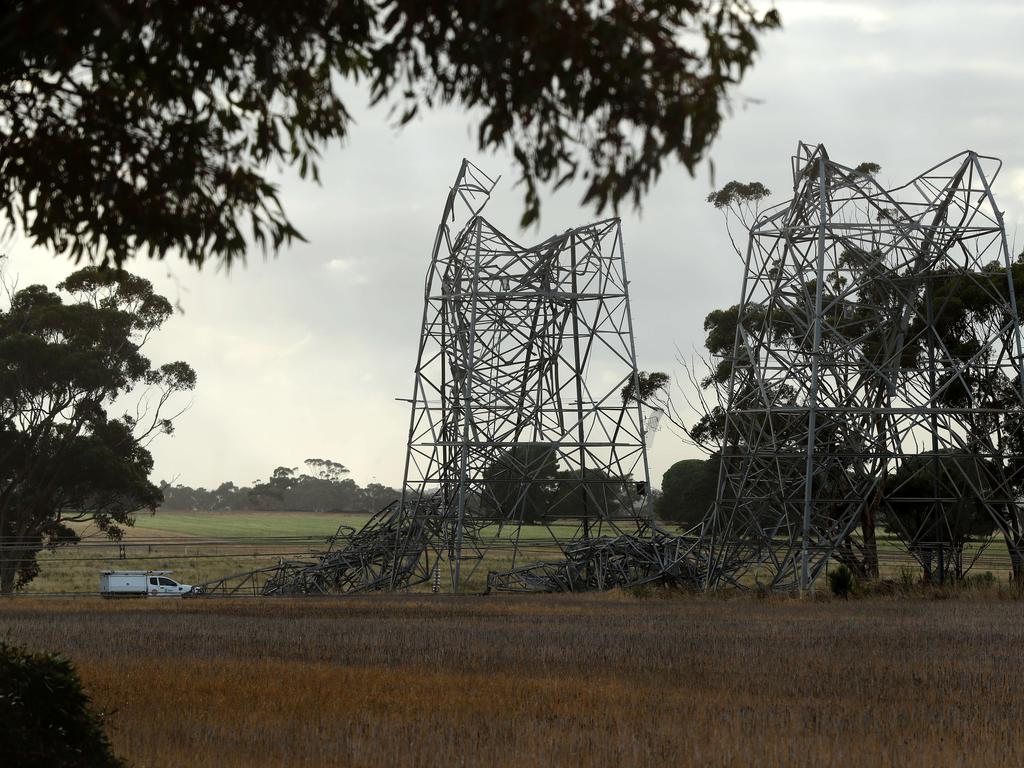


To join the conversation, please log in. Don't have an account? Register
Join the conversation, you are commenting as Logout